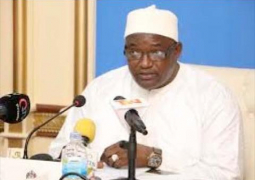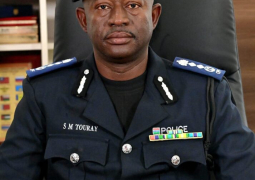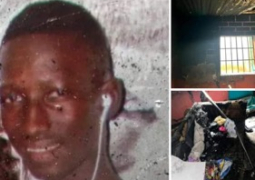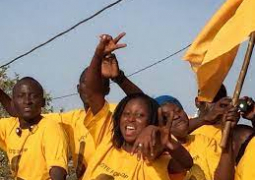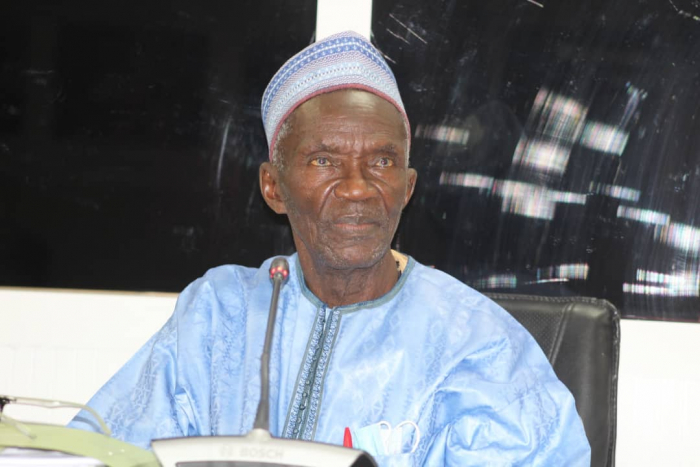
The veteran lawyer was appointed first class magistrate upon his return from studies in the UK in 1979.
The one time attorney general explained that after the 1994 Junta took power, he was offered the position of an attorney general, which he initially declined.
“Few days after the offer, Sadibou Hydara returned to my house at night, pleading for me to take the offer but I declined. I told him I was going back to the UK for a medical checkup. Many imams and my former Armitage teachers pleaded for me to take the offer but I refused.”
He explained that his thought was that the 1994 coup was peaceful and bloodless, saying it was quieter than elections and there was no demonstration.
Lawyer Mbai stated that the members of the bar then visited the State House to solidify their stance on respect for human rights. He said the council promised to promote human rights and he later accepted to take the position of attorney general on 8 August 1994 with conditions.
“Among the condition is that, I will avoid any conflict of interest; the government to pay the fees of my three sons for their university education; to provide full security in my home and properties and if necessary to my family members even after the end of my services; to restore the rule of law and democratic rule; to work in mutual respect and understanding and more.”
The native of Samba Wollof village concurred with the lead counsel’s proposition that if a coup succeeds; it becomes revolutionary but if it fails, it becomes a crime. The witness, however, said he didn’t survive more than six months with the junta because he was trying to restore democracy and rule of law.
The witness continued that the belief of some individuals that anyone who worked with the Jammeh regime betrayed the country is not correct by law and morals. With the offer requested from the Junta, the witness testified that the Junta later turned and labelled him as corrupt, adding that the fees for his sons’ education were not paid by the Junta.
He said during his time as the attorney general, he was informed about the illegal detention of Abu Denton, who was taken to the Mile 2 Prison upon his arrival from the UK without charges. He told the commission that some of the former ministers in Jawara’s government were arrested immediately after the celebration of the legal year.
“I went to the State House with Bolong Sonko to see Chairman Yahya Jammeh but the guards denied us entrance. We drove to Sadibou’s house and explained the seriousness of the incident. Sanna Sabally was the one who was not cooperating. The following day, I met Jammeh who said he didn’t know about the arrest and that was the time he called Sanna Sabally and gave an order for the ministers to be released. Sanna gave a very strong warning before the release of ministers.”
Lawyer Mbai revealed that Dr. Abdoulie Conteh, the former vice president of Sierra Leone, came to exile in the country and worked in his chambers. He said Dr. Conteh was arrested and detained at the Banjul Police Station and his wife was denied access. He added that Conteh was released and asked to leave the country within 24 hours and that was how he proceeded to Dakar and subsequently to America.
“My duty as attorney general was terminated on 20 March 1995 with detention on the supervision of both Daba Marena and Samba Bah. I was bailed by Alagie Marie Tambedou.”
He further confirmed that he was never part of the drafting or decision making of the draconian decrees by the Junta, saying he was just an adviser as minister.


